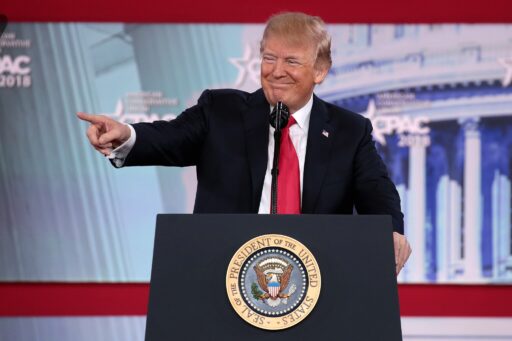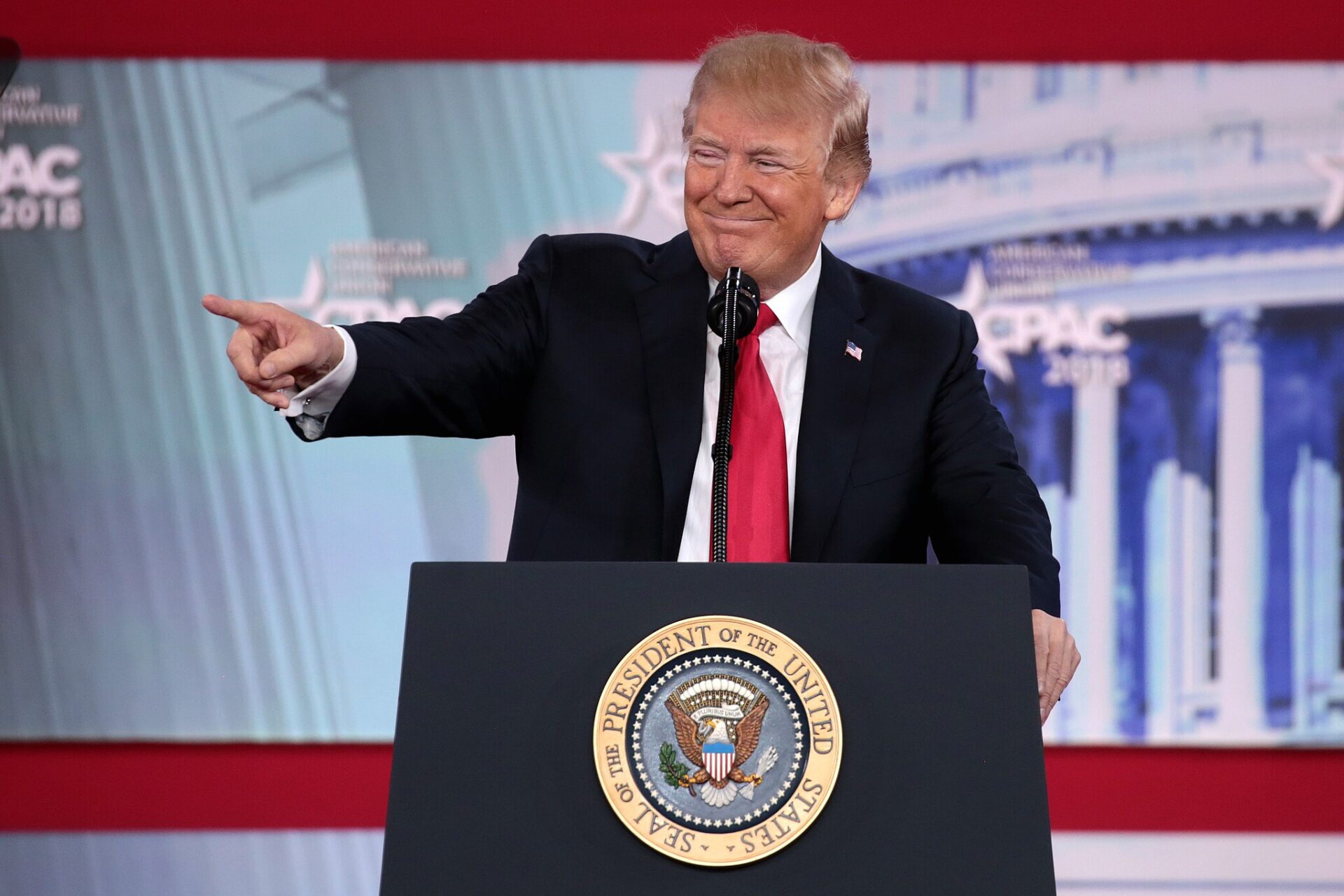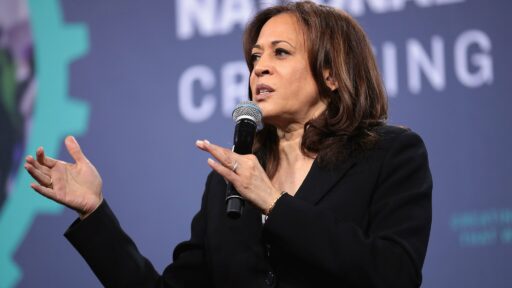GOP Dealing With Major Internal Strife
Recent discussions among Republican senators have raised concerns about whether House Speaker Mike Johnson, R-La., can secure the necessary support to keep the government funded amidst internal party dissent. The Hill reported that Johnson faces growing skepticism from within the GOP regarding his ability to manage the funding crisis while navigating criticism over his proposed continuing resolution.
Last week, Senator Tommy Tuberville, R-Ala., along with other Republican senators, emphasized the urgency of passing a government funding bill that includes provisions for voter integrity. Tuberville and his colleagues warned that failure to link the funding legislation to measures that enhance election security could erode public trust in federal elections.
Despite these calls for action, Tuberville expressed doubts this week about Johnson’s ability to marshal sufficient votes to prevent a government shutdown. Tuberville hinted that the Senate might need to intervene to avert a political catastrophe. He criticized the current situation, noting the adverse effects on the military and other critical areas due to stalled funding. “This situation is chaotic. Our military is particularly impacted. Even with a continuing resolution, the funds are insufficient. This whole process is turning into a debacle,” Tuberville remarked.
On September 9, House Republicans introduced a six-month funding bill tied to the Safeguard American Voter Eligibility Act, aimed at bolstering voter ID laws. These measures align with the priorities of many GOP voters who are eager to see election integrity reinforced before the November elections. However, Johnson later withdrew the bill, opting to delay the vote until Republicans can achieve consensus. Given the slim one-vote majority Republicans hold in the House, any defections could doom the bill.
In response, Senate Republicans are now preparing for the possibility that Johnson might need to present a “clean” continuing resolution—one stripped of contentious amendments—to attract support from moderate Democrats. Such a compromise could jeopardize Johnson’s position as Speaker if Republicans maintain their majority in the House.
Senator Susan Collins, R-Maine, expressed uncertainty about Johnson’s ability to navigate the situation successfully. Collins noted that while legislation will eventually come to the floor, she is concerned about the potential for a shutdown if the necessary work isn’t completed.
Senator James Lankford, R-Okla., warned of the severe consequences of a shutdown, particularly close to a national election. “A shutdown is costly and wasteful,” he said. “It not only wastes taxpayer money but also undermines our responsibility to protect taxpayer resources. We must find a way to prevent a shutdown.”
With hardline Republicans already signaling opposition to any continuation of the current budget, Johnson has a narrow window of 14 days to consolidate support and avoid a shutdown. Senator John Cornyn, R-Texas, underscored the challenge, likening Johnson’s task to solving a complex Rubik’s Cube. “He’s in the majority, so he’s got to figure out the right combination to get the votes,” Cornyn concluded.







